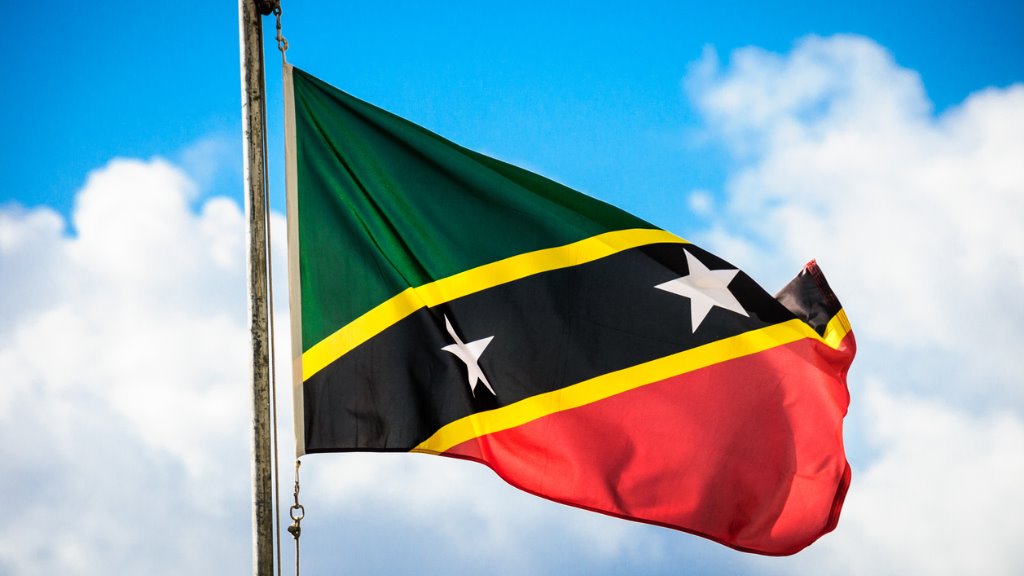CBI/CIP Nations Poised to Establish Regional Regulatory Body
The Eastern Caribbean Citizenship By Investment Programmes (CBI/CIP) are poised for a significant transformation with the impending establishment of a regional regulator. This landmark legislation, slated for enactment in September 2025 across the five participating nations, marks the culmination of extensive international collaboration and internal consultations aimed at bolstering the integrity and sustainability of these economically vital programs. The move towards regional oversight underscores the commitment of these island nations to maintain the legitimacy of their CBI/CIPs while addressing international concerns regarding financial transparency and security. This regulatory overhaul is not only a response to external pressures but also a proactive measure to safeguard the future of these programs, which are crucial for the economic well-being of these countries.
The journey towards this regulatory milestone has been marked by a series of significant engagements with international partners, including the United States, the United Kingdom, and the European Union. Key dialogues, roundtables, and agreements have shaped the framework of the new legislation, demonstrating a collaborative effort to refine and strengthen the CBI/CIPs. From the inaugural US-Caribbean Roundtable in 2023, which resulted in the agreement on six key principles, to the more recent feedback on draft legislation provided by the US and UK, the process has been characterized by ongoing dialogue and a shared commitment to enhancing the programs’ effectiveness and transparency. These interactions have reaffirmed the understanding that CBI/CIPs offer a legitimate service, crucial for the economic survival of these small island states, particularly in the face of climate change and global economic instability.
The economic significance of the CBI/CIPs for these Eastern Caribbean nations cannot be overstated. They serve as a critical revenue stream, funding essential infrastructure projects, promoting economic development, and building resilience against external shocks. Recognizing the potential negative consequences of dismantling these programs, the participating countries have taken proactive steps to address vulnerabilities and enhance their credibility. This commitment to reform demonstrates their understanding of the importance of maintaining the integrity of the CBI/CIPs for their long-term economic stability and prosperity. The new regional regulator is designed to enhance transparency, security, and sustainability, ensuring these programs continue to contribute positively to the economic landscape of these nations.
The legislation establishing the regional regulator includes several key provisions aimed at bolstering the integrity and security of the CBI/CIPs. These include the establishment of a robust and well-funded regulatory body with authority to issue binding standards for all Citizenship by Investment Units (CIUs) and licensed participants. Critically, the regulator will possess strong enforcement mechanisms to ensure compliance, fostering accountability and transparency through the publication of annual reports. The implementation of these measures will strengthen the overall governance of the programs, promoting investor confidence and addressing international concerns.
Further enhancing security, the new legislation mandates the collection of biometric data for all applicants during the interview process. This measure aims to strengthen the vetting process and deter fraudulent applications, bolstering the credibility of the programs. Additionally, a residency requirement for all approved applicants will forge a stronger connection between new citizens and their adopted countries, facilitating biometric verification and potentially stimulating local economies through increased tourism and other economic activities. These provisions demonstrate a commitment to rigorous due diligence and a proactive approach to mitigating risks associated with the programs.
The collaborative effort behind this legislative overhaul is noteworthy. An Interim Regulatory Commission (IRC), composed of representatives from each of the five participating countries, the Organisation of Eastern Caribbean States (OECS) Commission, CARICOM IMPACS/JRCC, and the Eastern Caribbean Central Bank (ECCB), has spearheaded the development of the new regulatory framework. This collaborative approach, with legal drafting consultation provided by Ms. Lydia Elliott and oversight from the Heads of Government of the participating nations, underlines the regional commitment to the success of the initiative. The collective effort, combined with international feedback and stakeholder consultations, ensures the new legislation is well-informed, comprehensive, and reflects the shared goals of all involved parties. This collaborative framework establishes a strong foundation for the effective operation of the regional regulator and the long-term success of the CBI/CIPs.
Share this content:












Post Comment